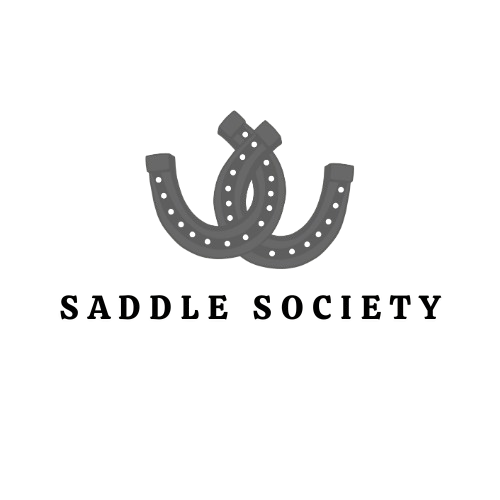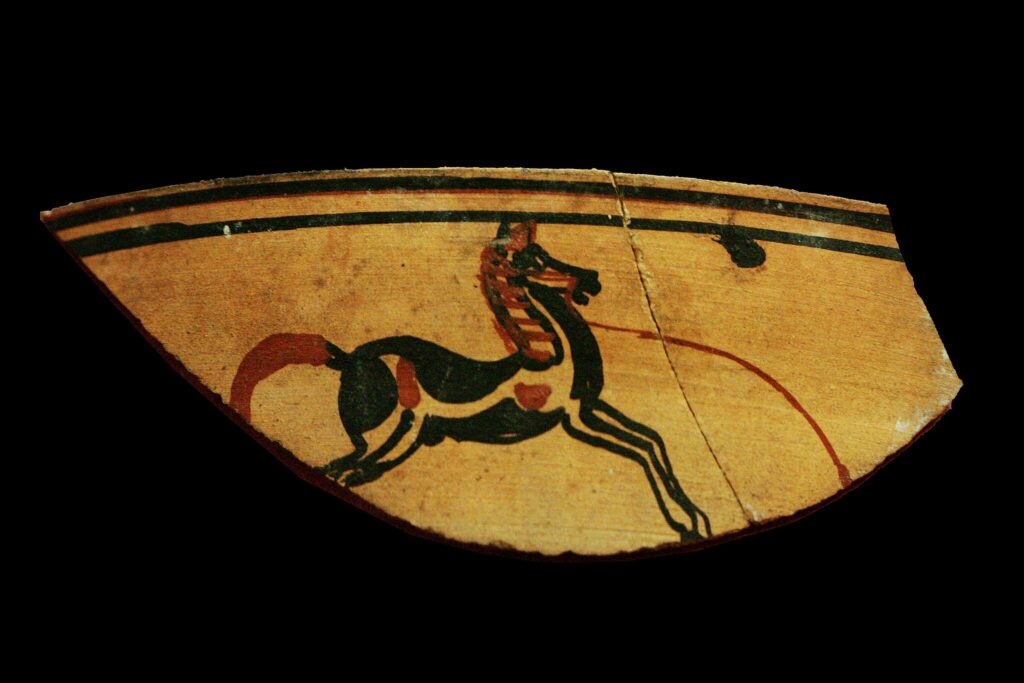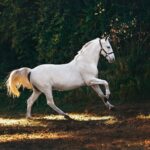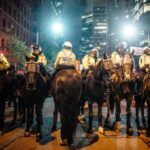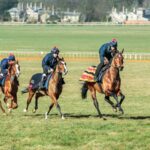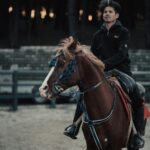Horses have galloped through the mythological landscapes of cultures worldwide, and Africa is no exception. Across the continent’s diverse regions, horses feature prominently in creation stories, folktales, and religious narratives. From the Sahel to the savannas, these magnificent creatures transcend their physical form to embody spiritual power, transformation, and divine connection. Unlike European or Asian horse mythologies which have been extensively documented, African equine mythology offers fascinating perspectives that often reflect the continent’s unique historical relationship with horses—as rare, precious beings that arrived through trade and conquest, becoming symbols of status and supernatural ability. This article explores the rich tapestry of horse symbolism in African mythological traditions, revealing how these animals have shaped cultural identities and spiritual beliefs across the continent.
The Historical Context of Horses in Africa
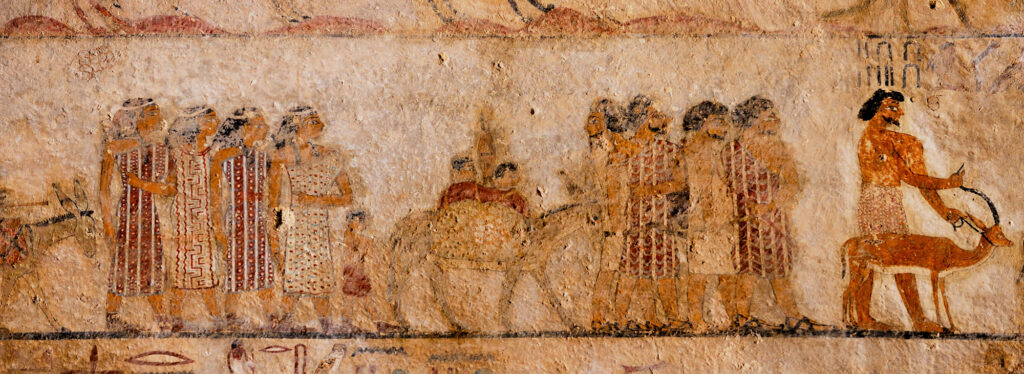
Understanding horse mythology in Africa requires acknowledging the historical timeline of equine introduction to the continent. Horses first appeared in North Africa around 1600 BCE, brought by the Hyksos during their invasion of Egypt, significantly later than their domestication in Asia and Europe. This relatively late arrival imbued horses with an aura of foreignness and extraordinariness in many African cultures. In West Africa, horses became widely established only after being introduced by Berber traders crossing the Sahara around the 7th century CE. The limited distribution and high maintenance requirements of horses in tropical African climates made them rare, expensive, and associated with elite warriors and nobility—a reality that directly influenced their mythological significance. These historical circumstances help explain why horses in African mythology often represent extraordinary power, otherworldly connections, and the supernatural.
The Divine Horse in North African Mythology
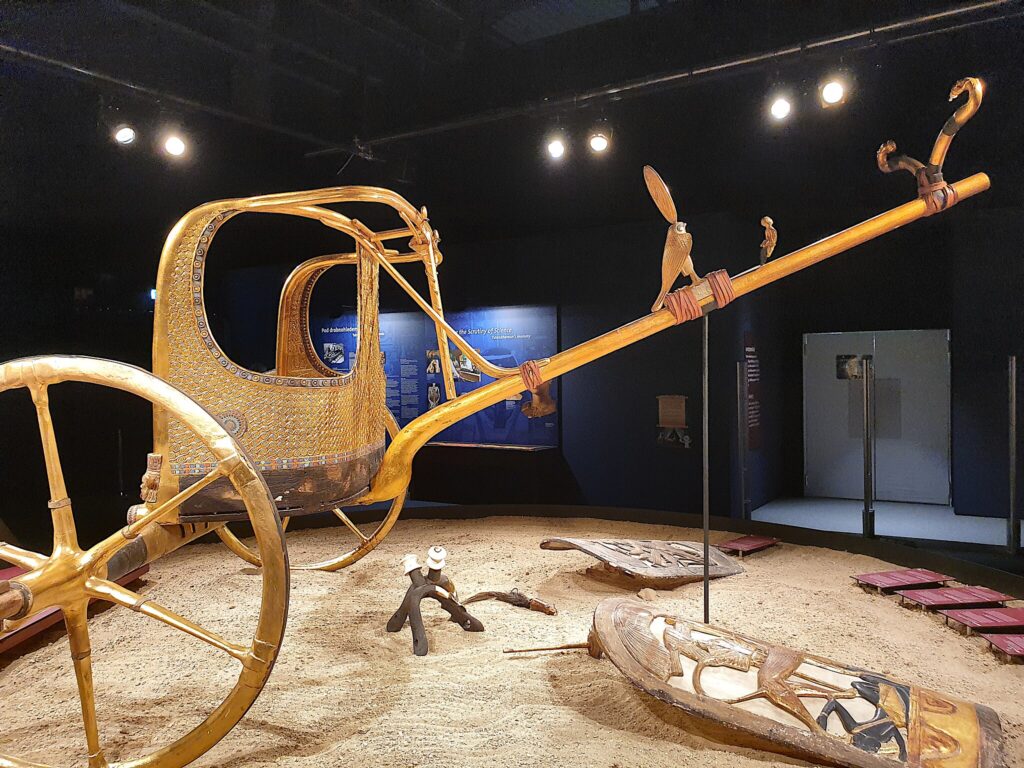
North African mythologies, particularly those influenced by Berber and ancient Egyptian traditions, feature horses as divine companions and sacred beings. In ancient Egyptian mythology, horses were associated with solar deities and the sun’s journey across the sky, pulling the chariot of Ra. The Berber mythological tradition speaks of divine white horses that emerged from the sea, symbolizing purity and spiritual power. In Morocco and Tunisia, folk beliefs describe baraka (blessed energy) emanating from horses, especially those with white markings or unusual colorations. These horses were believed to carry protective qualities, with their sweat, hair, and even breath considered medicinal. North African wedding ceremonies traditionally incorporated horses as symbols of fertility and prosperity, where the presence of a decorated horse would bless the union with divine favor and ensure the couple’s fruitfulness.
Horses in West African Warrior Mythology
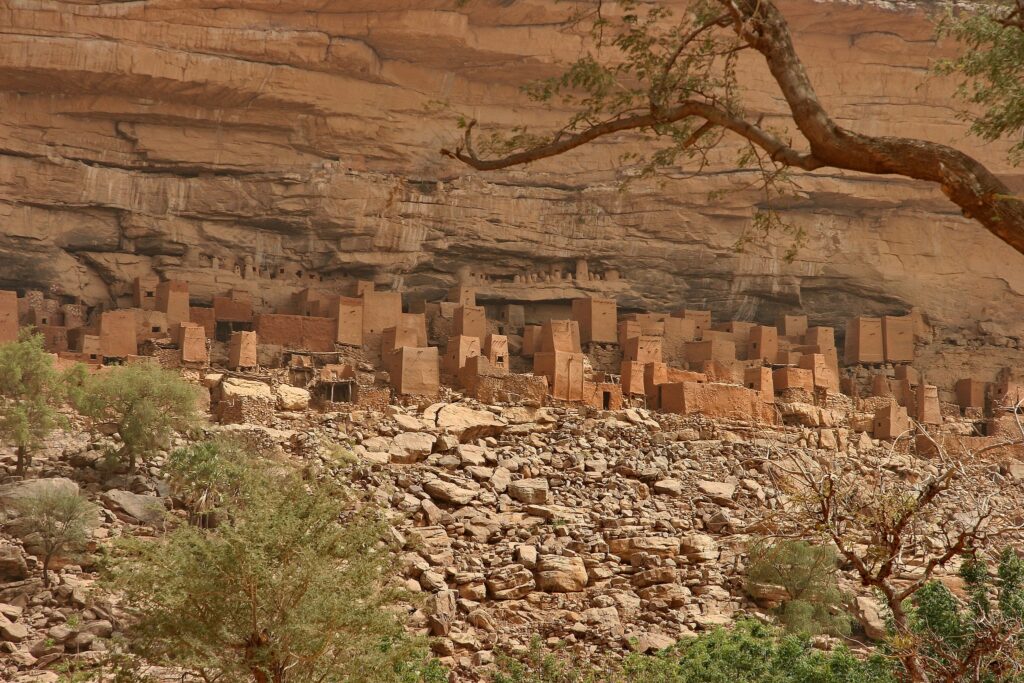
In West African traditions, particularly among the Mandinka, Songhai, and Hausa peoples, horses feature prominently in warrior mythology and origin stories of kingdoms. The legendary Sundiata Keita, founder of the Mali Empire, is described in epic poems as having supernatural connections to horses that enabled his rise to power. In Hausa mythology, skilled horsemen called “yan tauri” were believed to possess magical abilities, including becoming invulnerable to weapons while mounted. The Dogon people tell stories of ancestral heroes who rode flying horses between the earthly and spiritual realms, mediating between humans and deities. These mythological narratives reflected the historical reality that cavalry-based kingdoms dominated the savanna regions, with horse warriors representing the height of military power. The spiritual connection between a warrior and his mount was considered sacred, with specific rituals performed to consecrate this bond before battle.
The Horse as Psychopomp in African Spiritual Beliefs
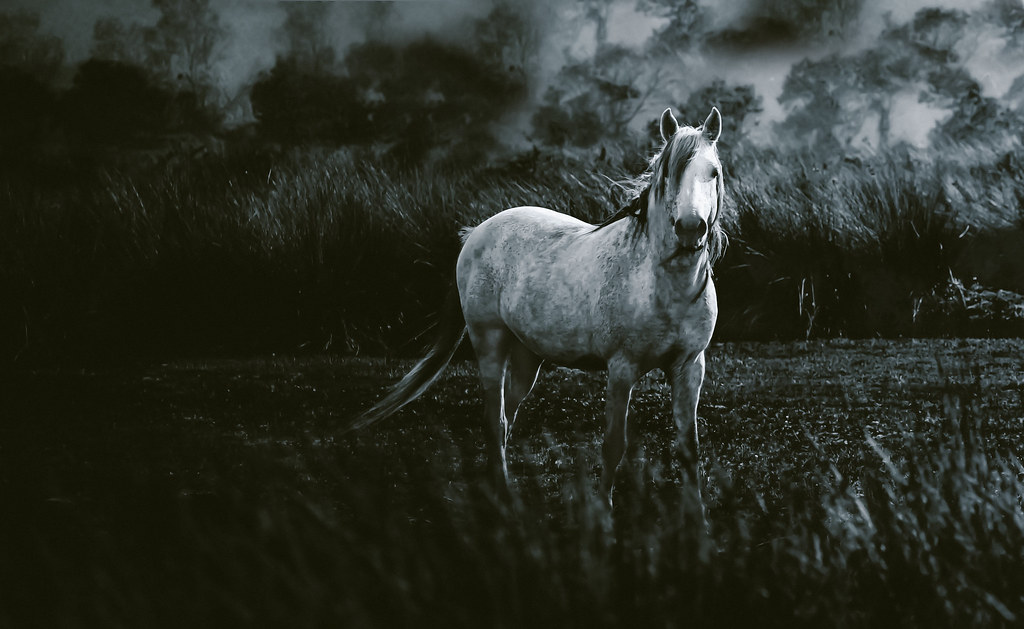
Across various African spiritual traditions, horses serve as psychopomps—beings that guide souls between the worlds of the living and the dead. In Vodun and related spiritual practices of West Africa, divine horsemen represent spirits that “mount” or possess human devotees during ceremonial practices. The possessed individual is said to be “ridden” by the spirit, drawing a direct parallel between spiritual possession and horsemanship. In some East African traditions, horses appear in funerary rituals as guides for the deceased’s journey to the ancestral realm. The Nilotic peoples describe mythical horses that can traverse between worlds, carrying messages between the living and their ancestors. These beliefs reflect a pan-African concept of horses as liminal beings that naturally exist at the threshold between ordinary and extraordinary realms, making them perfect spiritual couriers and guides for human souls.
Mythological Horse-Human Hybrids in African Folklore
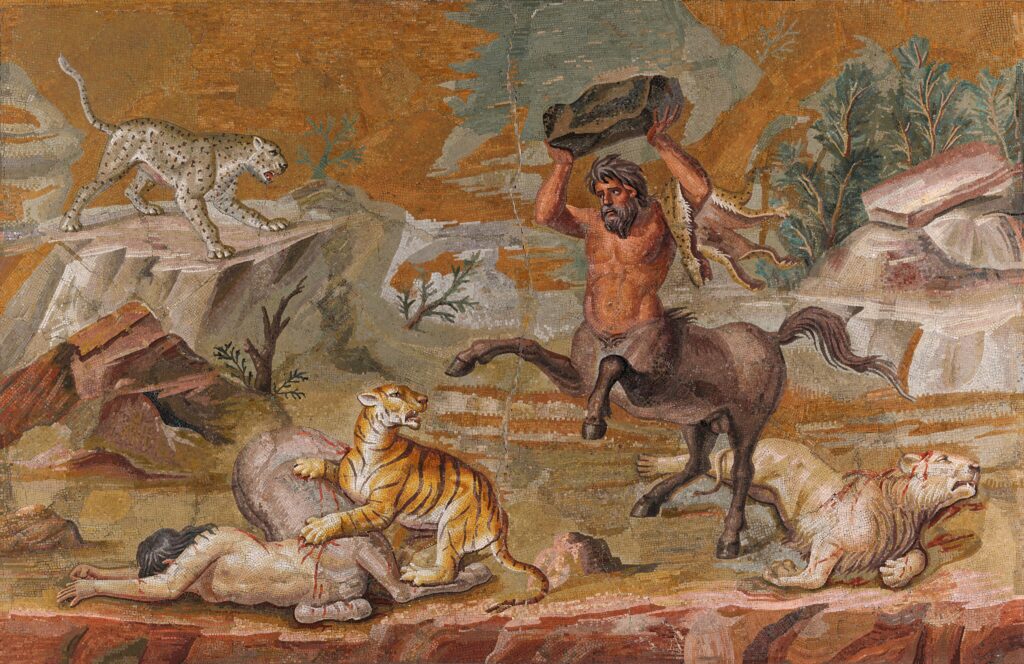
Several African mythological traditions feature horse-human hybrid creatures that embody both human intelligence and equine power. The Tswana people speak of creatures resembling centaurs who inhabit remote wilderness areas and possess profound knowledge of healing plants. In Ethiopian folklore, half-horse beings serve as guardians of sacred forests and water sources, blessing those who approach with proper respect while punishing those who desecrate natural spaces. Some West African stories describe shape-shifting beings who can transform between human and horse forms at will, using this ability to spy on human communities or test human character. These hybrid creatures typically represent the harmonious integration of human and natural worlds—embodying ideals of strength tempered by wisdom. Unlike the often-threatening centaurs of Greek mythology, African horse-human hybrids frequently serve as benevolent teachers and protectors, though they remain dangerous when disrespected.
The Horse in African Creation Myths
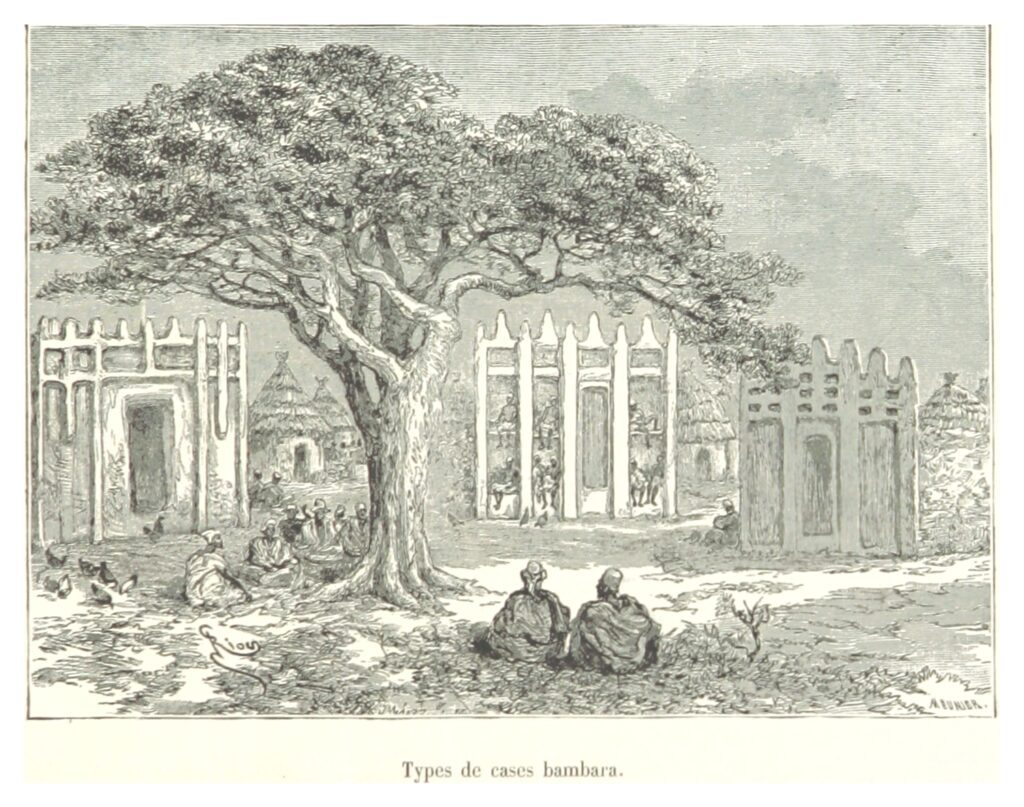
Several African cultures incorporate horses into their creation narratives, often as assistants to creator deities or as primordial beings themselves. The Bambara people of Mali describe how the creator deity Pemba used a white horse to carry soil during the world’s formation, explaining why horses are considered sacred animals worthy of special treatment. In some Nilotic creation accounts, horses emerge directly from the waters at the beginning of time, representing the life-giving force of rivers and lakes. Certain Berber creation stories tell of the first horse being formed from the breath of the divine, explaining its legendary stamina and spirit. These creation narratives elevate horses beyond ordinary animals, positioning them as beings integral to the world’s formation and maintenance. By participating in creation, horses in these mythologies gain a special status as beings that helped shape reality itself—a profound mythological role that explains their revered status.
The Flying Horse in East African Mythology

East African mythological traditions, particularly in Ethiopia, Sudan, and Somalia, contain numerous accounts of flying horses or horses with supernatural speed that collapse distance and time. The Ethiopian epic of King Solomon and the Queen of Sheba describes magical horses that could travel between Ethiopia and Jerusalem in a single night, carrying messages between the kingdoms. Somali folklore tells of spirit horses that race across the night sky, visible only to those with special spiritual sight or during sacred occasions. The Nuba peoples describe ancestral spirits who ride shimmering horses through the air during thunderstorms, their hoofbeats creating thunder while their bridles spark lightning. These flying horse myths often connect to astronomical observations, with certain star configurations identified as celestial horses galloping across the night sky. The concept of flying horses in these regions emphasizes transcendence of earthly limitations and connections between cosmic and terrestrial realms.
Horses in African Divinatory Practices
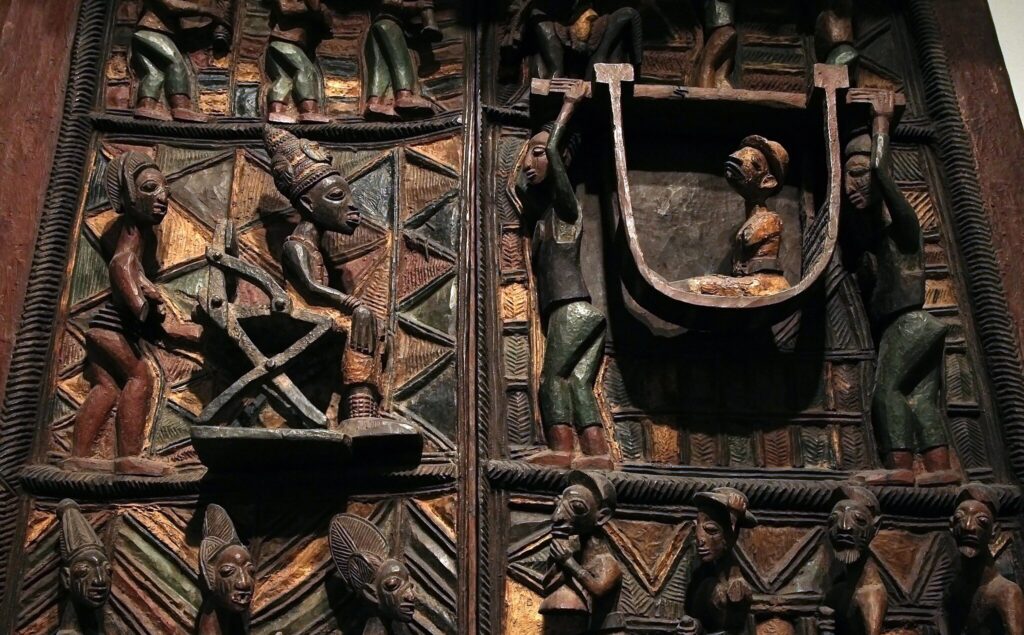
Horses feature prominently in various African divinatory practices, where they serve as messengers between human diviners and the spirit world. Among the Yoruba people, diviners sometimes use horse hair or small horse figurines as conduits for communicating with Orunmila, the deity of wisdom and divination. In North African traditions influenced by Islamic mysticism, the movements and behaviors of horses were carefully interpreted as omens—a horse pawing the ground before a journey might indicate hidden dangers, while a horse whinnying without apparent cause could signal the presence of invisible spirits. Some Sahel region diviners practiced hippomancy—divination through observing horses—by interpreting the patterns created when horses were released into circular enclosures marked with symbols. These divinatory connections stemmed from the belief that horses, with their keen senses and spirited nature, could perceive spiritual realities invisible to humans, making them natural intermediaries in the divination process.
Water Horses in African Lake and River Mythology
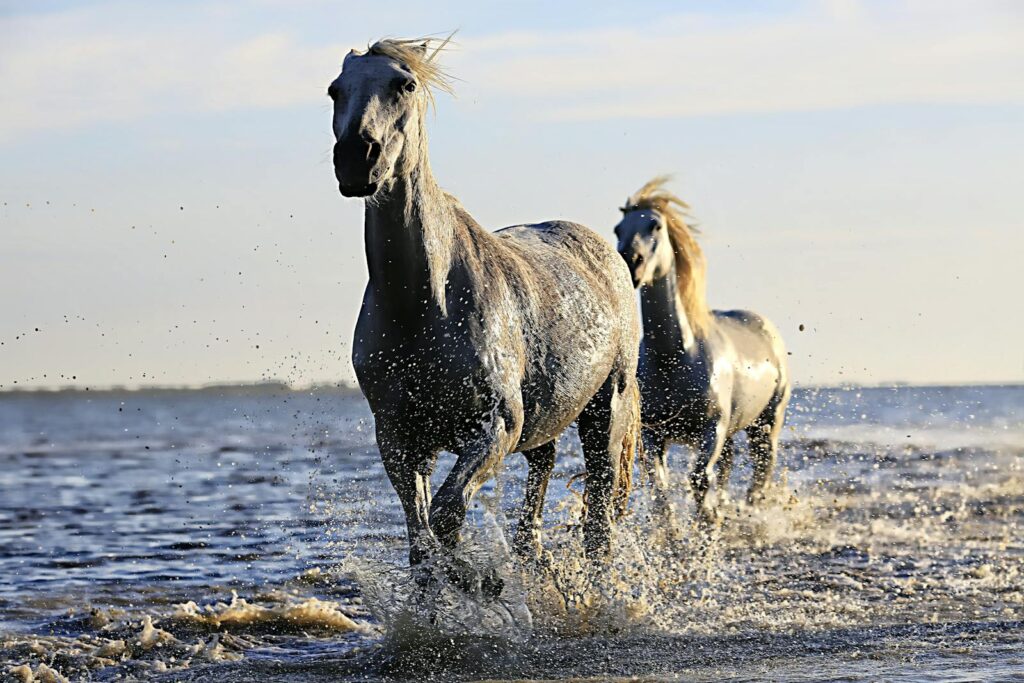
Across Africa, myths of water horses—supernatural equines that emerge from and return to lakes, rivers, or the ocean—appear with surprising consistency. The Luo people who live near Lake Victoria tell stories of magnificent horses that rise from the lake at night, sometimes interbreeding with earthly horses to create exceptionally powerful offspring. In the Niger River region, legends describe river horses (distinct from hippopotamuses) that can only be ridden by individuals with pure hearts or specific spiritual lineages. Coastal communities in Mozambique share tales of ocean horses that bring messages from ancestors who have passed into the watery afterlife. These water horse myths often function as territorial markers and environmental warnings, as the horses are said to punish those who pollute water sources or fish excessively. The association between horses and water reflects both practical concerns about access to this vital resource and deeper spiritual beliefs about water as the boundary between worlds.
The Nightmarish Horse in African Cautionary Tales
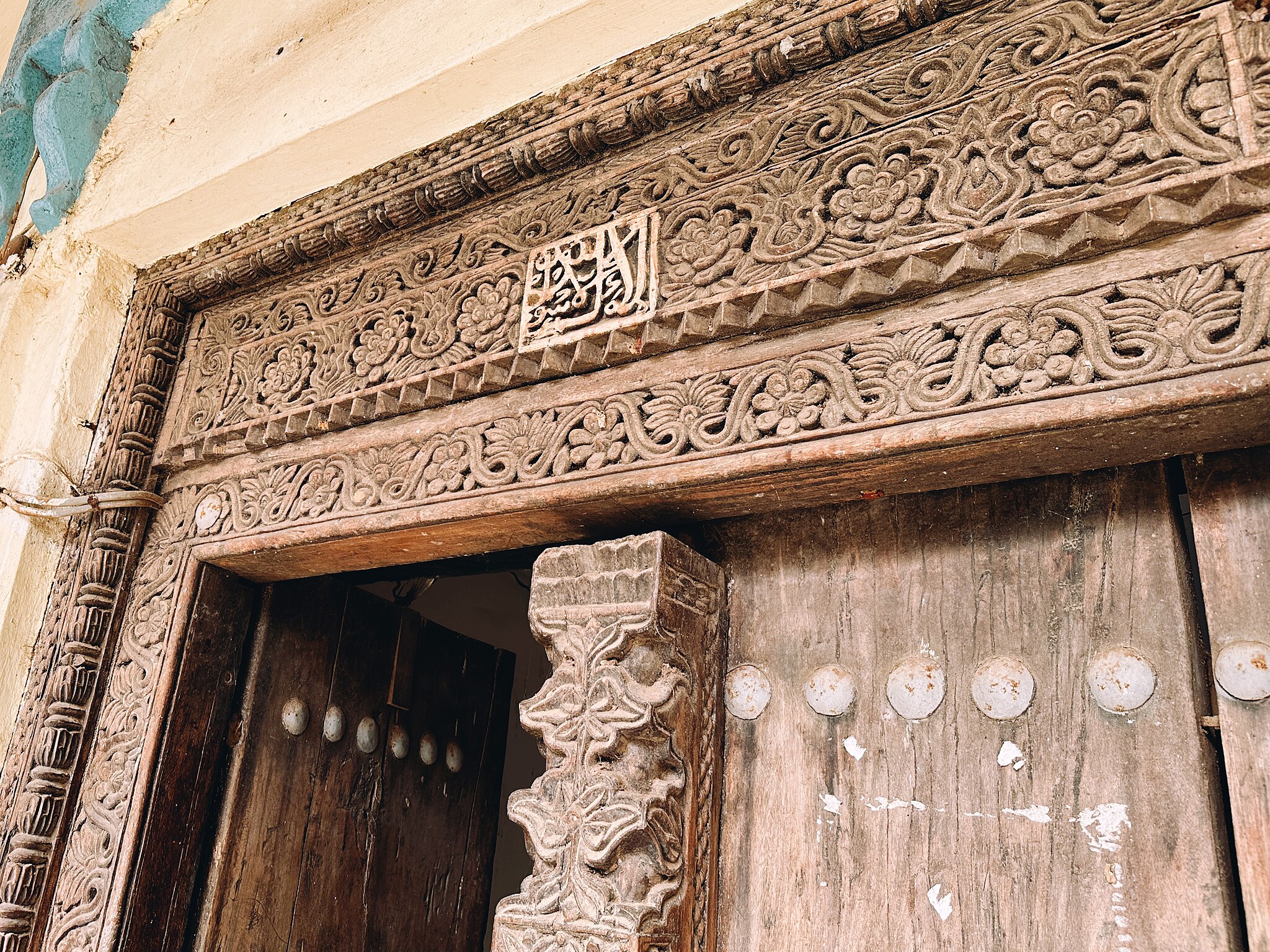
Not all horse figures in African mythology are benevolent—some traditions feature malevolent or threatening equine entities that serve as warnings in cautionary tales. The Hausa tell stories of ghost horses that appear to travelers at night, tempting them to mount and then carrying them away to spirit realms from which they never return. Among various southern African groups, tales describe demonic horses that can be identified by subtle abnormalities—such as backward-facing hooves or fiery eyes—that unwary humans might miss until it’s too late. Swahili coastal folklore includes accounts of shape-shifting jinn who take horse form to lure children away from villages or to spy on human communities. These frightening horse figures typically embody warnings about traveling alone, trusting strangers, or venturing into forbidden territories. The nightmarish horse represents dangers of the unknown, serving as a mythological embodiment of wilderness threats and social boundaries that communities established for protection.
Horses in African Royal Mythology and Kingship
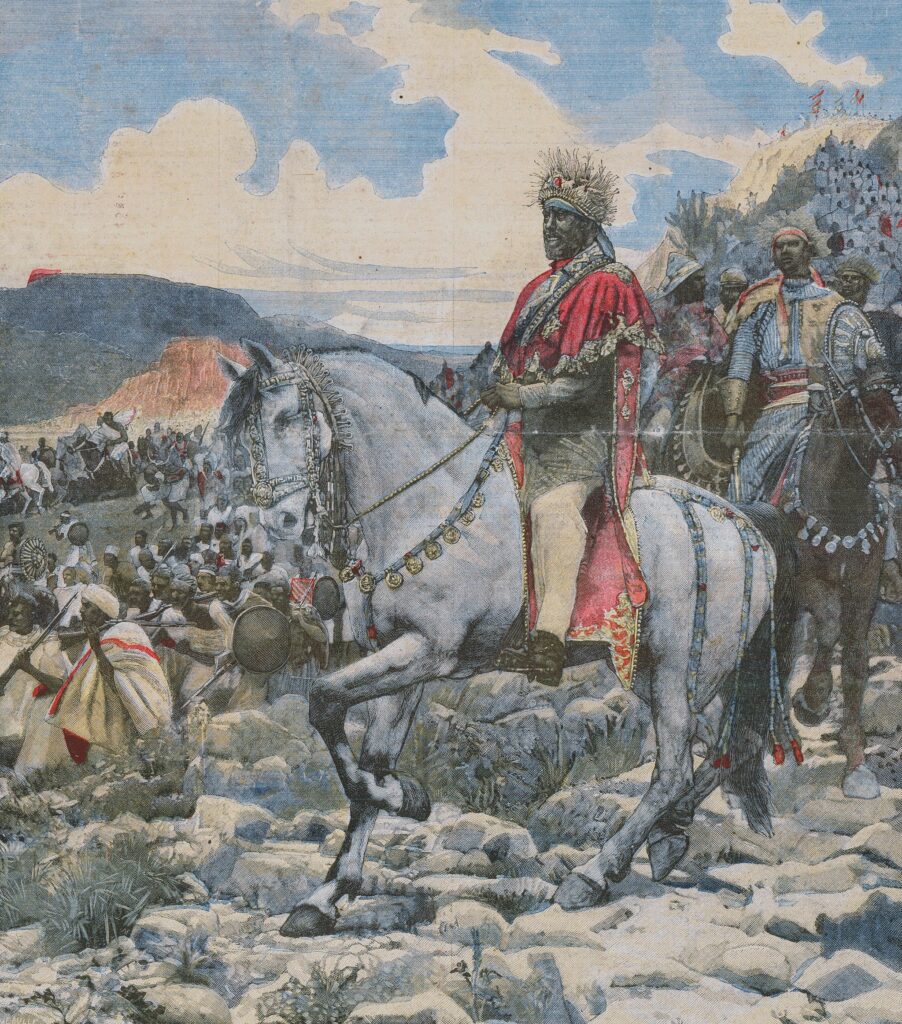
The connection between horses and political power runs deep in African royal mythologies, particularly in regions where cavalry was historically significant. The Mossi kingdom of Burkina Faso traces its origins to a princess who married a foreign horseman, with rulers claiming legitimacy through this equestrian lineage. In the Ethiopian imperial tradition, the legendary mounts of Emperor Menelik I were said to have supernatural qualities, including understanding human speech and foreseeing danger. The kings of Dahomey (modern Benin) maintained sacred white horses that were believed to embody royal ancestors and were consulted before major decisions. These royal horse traditions reflect the historical reality that horse ownership represented wealth and military power, but elevate this connection to a spiritual dimension. The mythological relationship between horses and kingship created powerful symbolism that legitimized rule, with many coronation rituals across the continent incorporating horses to confirm divine approval of new leadership.
The Influence of Islamic Horse Traditions on African Mythology
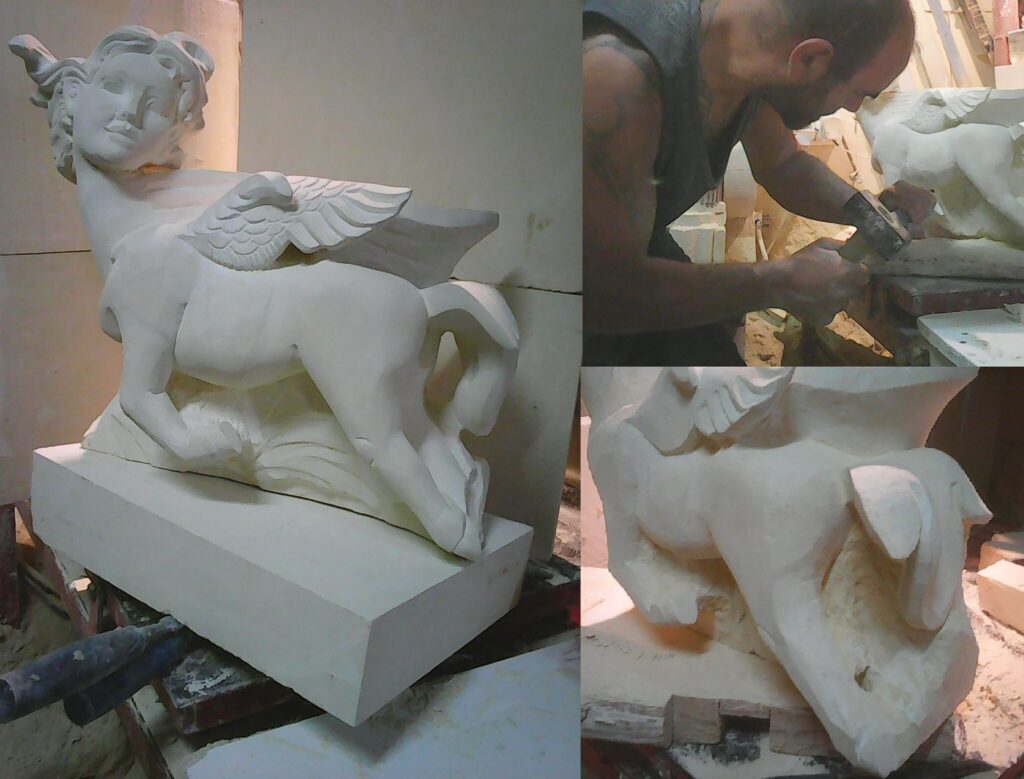
The spread of Islam across North and West Africa significantly influenced existing horse mythologies, introducing new elements while transforming indigenous traditions. The Islamic narrative of Buraq—the miraculous steed that carried Prophet Muhammad during his night journey (Isra and Mi’raj)—entered African mythological systems and merged with local beliefs about flying or supernatural horses. In regions like Mali, Senegal, and northern Nigeria, traditional horse festivals incorporated Islamic elements, with ceremonies honoring both indigenous spiritual connections to horses and their significance in Islamic tradition. The Islamic concept of noble Arabian horses descended from the Prophet’s mounts influenced breeding practices and further elevated horses’ spiritual status in Islamized African regions. These syncretic mythologies demonstrate how religious influences transformed rather than erased indigenous beliefs, creating rich mythological systems that honored both traditional African spirituality and Islamic teachings regarding horses’ sacred status.
Modern Continuations of African Horse Mythology
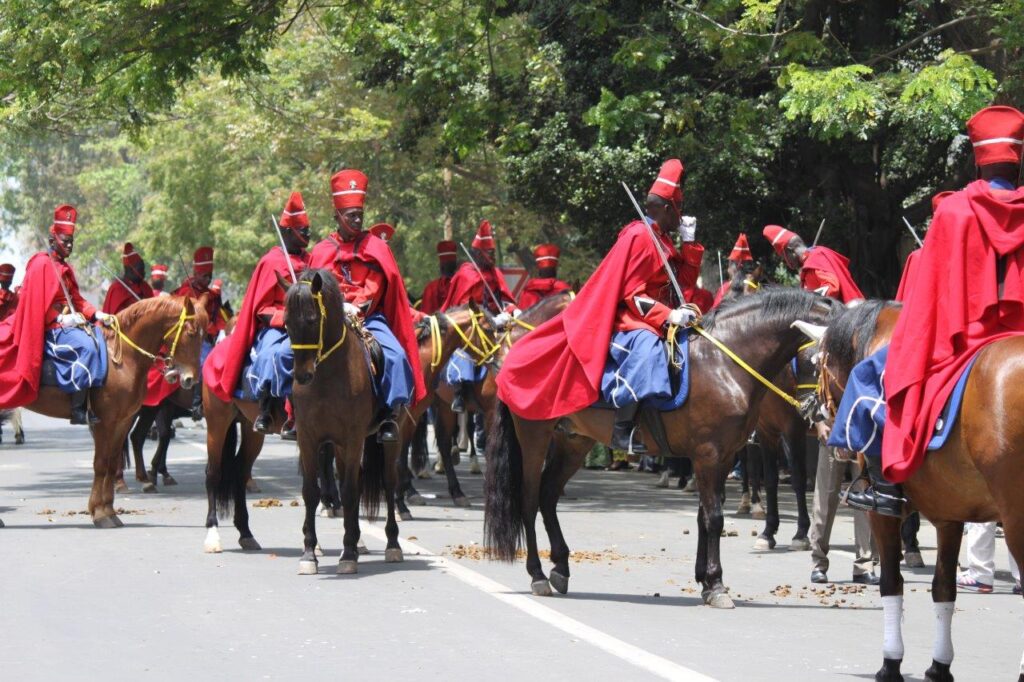
Despite urbanization and technological change, horse mythology continues to influence contemporary African cultural expressions and practices. Annual horse festivals in countries like Senegal, Nigeria, and Morocco preserve mythological traditions through performances that reenact legendary events featuring ancestral horse heroes. Contemporary African literature and film increasingly incorporate traditional horse mythology as part of cultural reclamation movements, with writers like Amadou Hampâté Bâ documenting oral traditions about mystical horses. In rural communities across the Sahel, horse blessings and protective rituals continue, with specially designated horsemen performing ceremonies believed to ensure community welfare and connect with ancestral powers. Modern African art frequently references mythological horses, reinterpreting traditional symbols for contemporary audiences while maintaining their spiritual significance. These continuing practices demonstrate the resilience of African horse mythology, which adapts to changing circumstances while preserving core cultural beliefs about these animals’ special status and spiritual power.
Conclusion
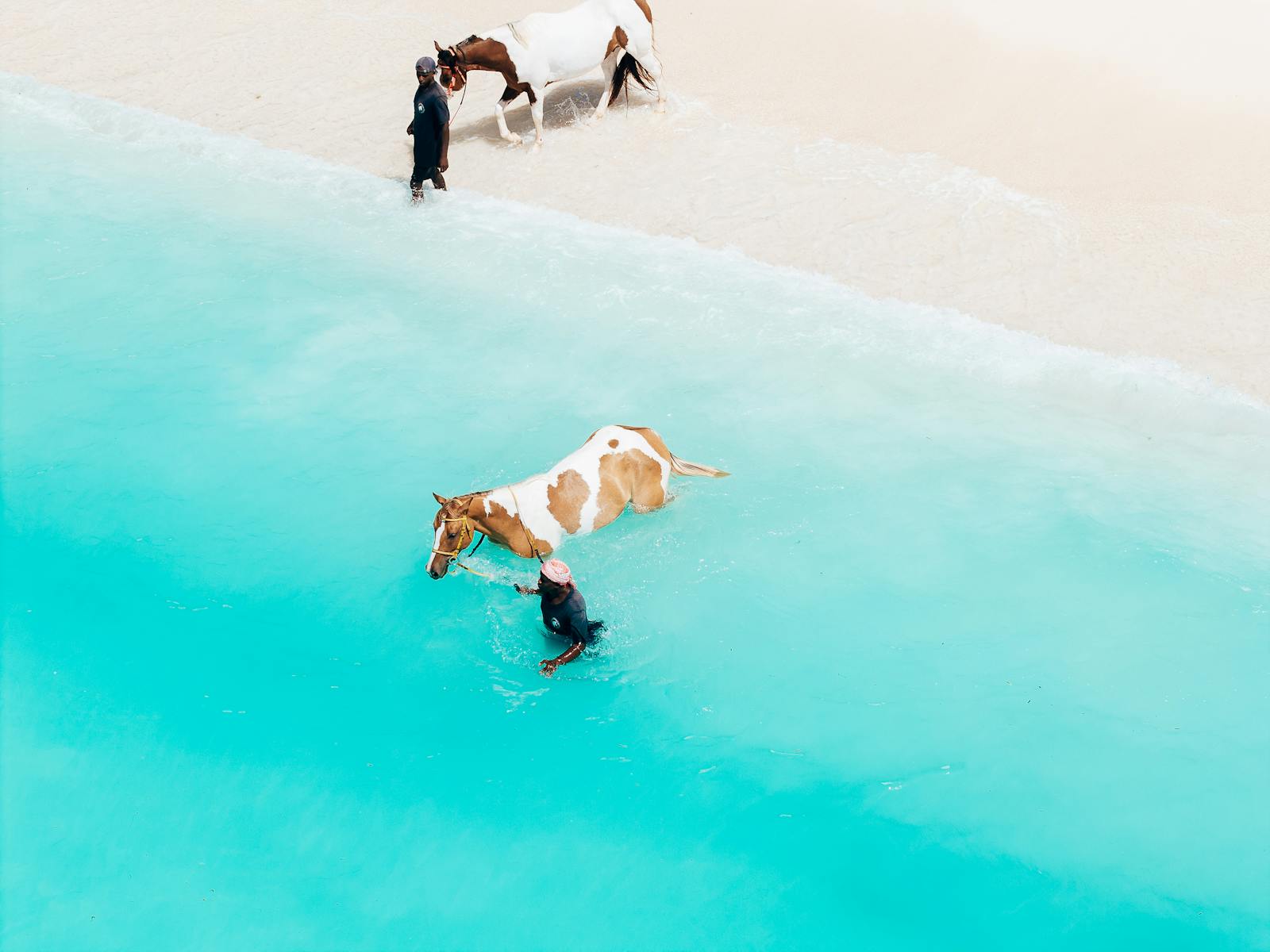
The mythology of horses across Africa reveals much more than simple tales about animals—it offers profound insights into how diverse African cultures conceptualized power, spirituality, and the relationship between humans and the divine. From psychopomps carrying souls between worlds to royal mounts legitimizing kingship, horses in African mythology transcend their physical form to embody complex spiritual and social ideals. These mythological traditions developed within specific historical contexts, as horses arrived through trade and conquest, becoming rare and precious beings associated with elite status and extraordinary abilities. What emerges from this exploration is a rich tapestry of equine symbolism that continues to influence African cultural expressions today, demonstrating both the uniqueness of African mythological systems and their connections to universal human themes of transcendence, transformation, and the eternal search for connection with forces beyond the ordinary world.
